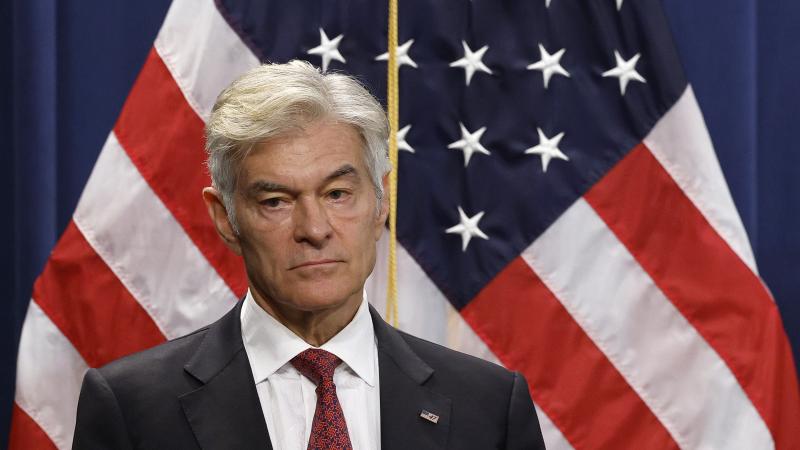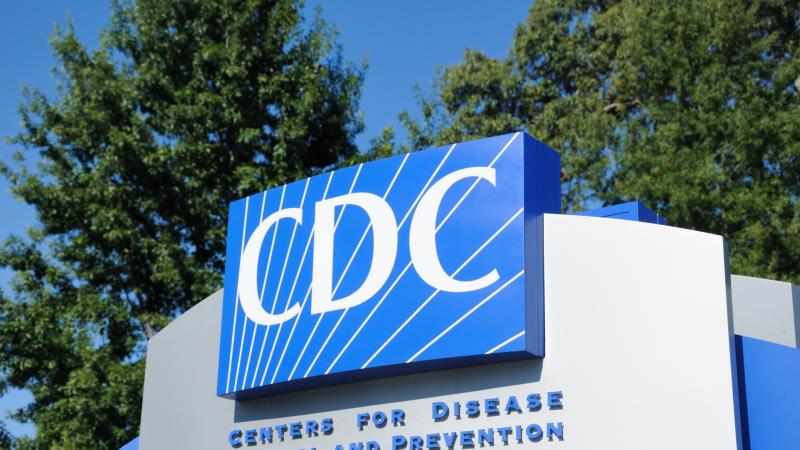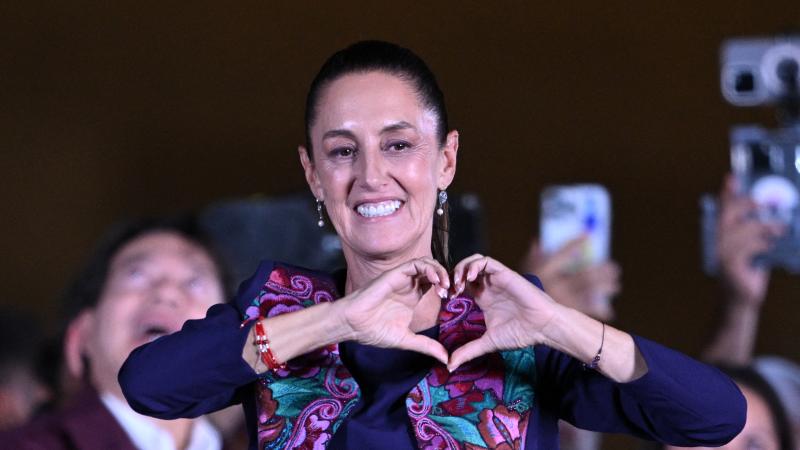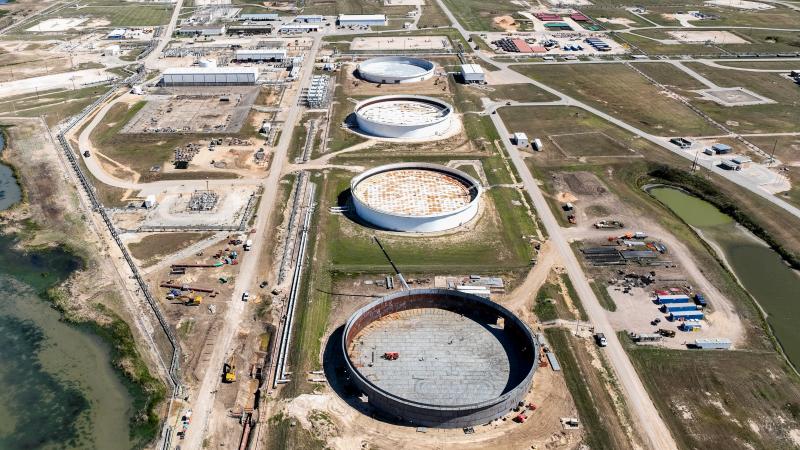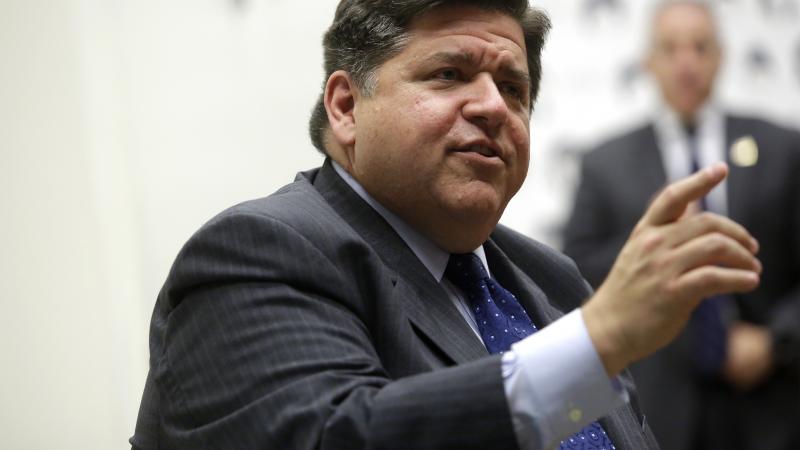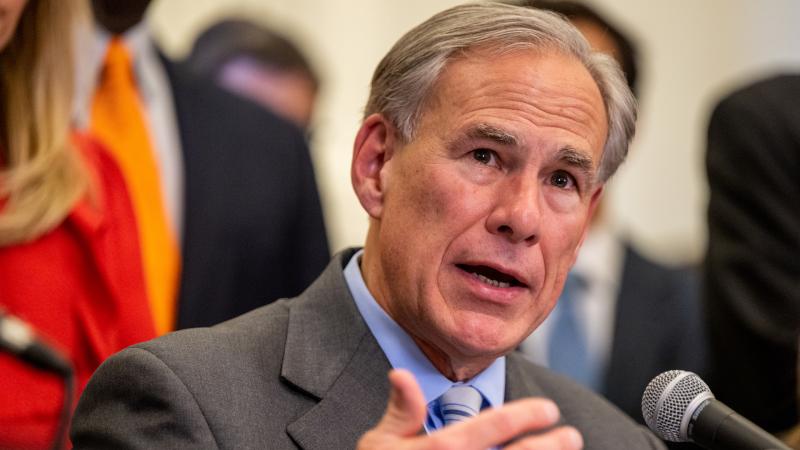Congress to restrict NIH funding of dangerous research, GOP lawmaker vows
The Wuhan Institute of Virology (WIV), situated near the pandemic's ground zero, was known to have been researching coronaviruses prior to the first reported cases of the disease.
House Doctors Caucus Co-Chairman Greg Murphy, R-N.C., on Tuesday vowed to impose restrictions on the National Institutes of Health (NIH) funding dangerous research in the wake of the COVID-19 pandemic.
"We're going to put guardrails up against this type of nonsense from occurring again," he said on the "Just the News, No Noise" television show. Murphy made the remarks amid reports indicating that federal agencies increasingly backed the idea that the pandemic originated as the result of a lab leak in China.
The Wuhan Institute of Virology (WIV), situated near the pandemic's ground zero, was known to have been researching coronaviruses prior to the first reported cases of the disease. Drawing particular concern is a controversial form of research known as gain-of-function that seeks to amplify a virus's potency.
Murphy observed that the practice has theoretical benefits, saying "the whole gain of function purpose was to try to stay ahead of naturally occurring contagions, which could cause some of this."
He did, however, excoriate Dr. Anthony Fauci for permitting funding to the WIV given its lack of proper safeguards.
"[T]he fact that he was allowing money from NIH, from the U.S. taxpayers, to go to a lab that did not have proper safeguards is very, very troubling," Murphy asserted. "And so we are going to put some safeguards on the way that this funding occurs."
"And to make sure where research is done in the name of science should be done in a safe manner such that it doesn't lead to a world pandemic where 20 plus million people died, because one individual most likely leaked something out of that lab," he concluded.
Ben Whedon is an editor and reporter for Just the News. Follow him on Twitter.
